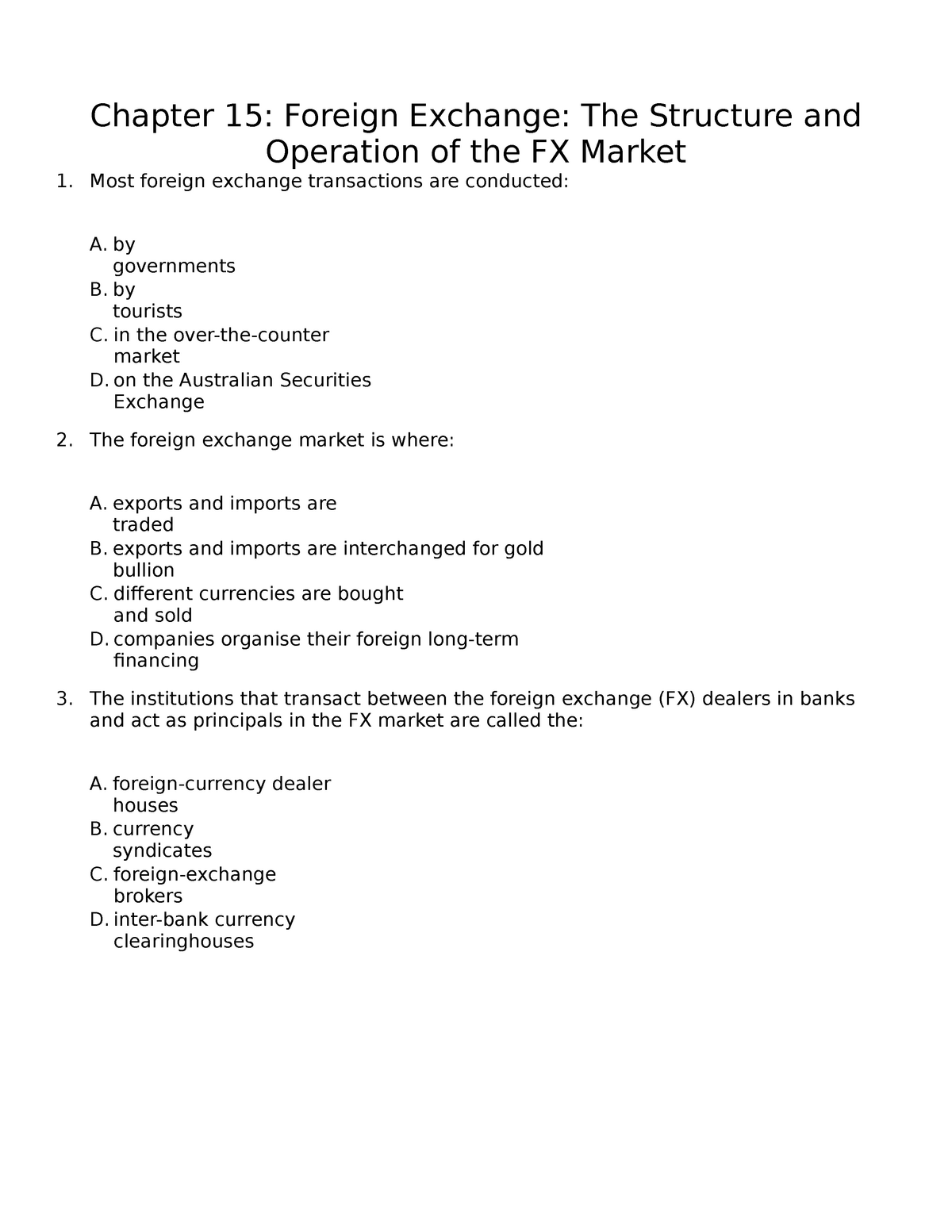
Space near urban centers is becoming more important as we have become more reliant on the online economy. In particular, the growing need for urban logistics centers has driven Industrial REITs' recent rally. What are the other benefits to Industrial REITs? What are some of the factors you should consider before investing in these real estate investment trusts? Here are some of them:
Real estate investment trusts
Industrial real estate investment trusts (REITs) own and manage industrial properties. These properties can be used to serve many purposes. Industrial REITs are unique in that they are required to pay out 90 percent of their taxable income in the form of dividends. This structure allows them to receive a steady supply of cash. Investors love industrial real estate because they are often far away from urban centers. A major advantage is that industrial buildings are usually larger than residential ones, giving tenants more flexibility.

There is a growing demand for industrial real property. REITs in this industry offer an average return of over 20%. The rapid growth of e-commerce has caused a surge in industrial real estate in recent years. This is due to disruptions in the supply chain and a heightened pace of investment. Actually, last year, the industrial and logistics subsector had the second highest yielding REIT category. These are the risks you need to be aware if you want to invest in industrial real property.
Growth potential
Industrial real estate investment trusts have seen incredible growth in recent years with an average yield exceeding 20%. Demand for industrial property has increased due to the accelerated growth of e-commerce and supply chain disruptions. Furthermore, REITs will continue to place emphasis on industrial properties with rental rates increasing to 25% in 2022. Despite these possible challenges, industrial REITs are expected to continue to dominate commercial real estate through 2022.
STAG Industrial, an industrial REIT, went public in 2011. It has since become one of the largest single tenant net lease owners in the United States. Its growth continued in 2021 with the acquisition of 74 properties that totaled $1.3 billion. It also boasts a 5.2% cash rate and a weighted mean remaining lease term of 6.9 years. Industrial REITs can offer great growth potential. It pays to be flexible in your investment strategy.
Bank for land
Industrial REITs are responsible for large amounts of industrial real property development. They have built up a large land bank in the last decade. These companies hold a large range of underlying assets such as warehouses and fulfillment centers. These properties are strategically located to allow for easy flow of goods and services to their end users. These properties are often near major metropolitan areas, which helps speed up order fulfillment and bridge a shortage of warehousing space.

The REIT portfolio is made up of 1,545 separate properties that have been leased to 323 tenants from 46 states. These tenants come from 16 different industries. The top four largest tenants are early childhood education (14.1%), quick-service dining (12.9%), car wash (11.5%), as well as medical/dental (11.4%). Nearly half, or 50% of the REIT’s cash rental comes from recession-resistant landlords. The company's cash flows from operations are growing faster than its assets base.
FAQ
What is a REIT?
A real-estate investment trust (REIT), a company that owns income-producing assets such as shopping centers, office buildings and hotels, industrial parks, and other buildings is called a REIT. These are publicly traded companies that pay dividends instead of corporate taxes to shareholders.
They are similar to a corporation, except that they only own property rather than manufacturing goods.
How do I invest in the stock market?
Brokers can help you sell or buy securities. Brokers buy and sell securities for you. When you trade securities, you pay brokerage commissions.
Brokers often charge higher fees than banks. Banks will often offer higher rates, as they don’t make money selling securities.
If you want to invest in stocks, you must open an account with a bank or broker.
A broker will inform you of the cost to purchase or sell securities. This fee is based upon the size of each transaction.
Ask your broker about:
-
To trade, you must first deposit a minimum amount
-
How much additional charges will apply if you close your account before the expiration date
-
What happens if you lose more that $5,000 in a single day?
-
how many days can you hold positions without paying taxes
-
How much you can borrow against your portfolio
-
Whether you are able to transfer funds between accounts
-
How long it takes transactions to settle
-
How to sell or purchase securities the most effectively
-
How to avoid fraud
-
How to get assistance if you are in need
-
How you can stop trading at anytime
-
If you must report trades directly to the government
-
If you have to file reports with SEC
-
Do you have to keep records about your transactions?
-
If you need to register with SEC
-
What is registration?
-
How does this affect me?
-
Who needs to be registered?
-
What are the requirements to register?
What is a mutual fund?
Mutual funds are pools that hold money and invest in securities. Mutual funds offer diversification and allow for all types investments to be represented. This helps reduce risk.
Mutual funds are managed by professional managers who look after the fund's investment decisions. Some funds offer investors the ability to manage their own portfolios.
Most people choose mutual funds over individual stocks because they are easier to understand and less risky.
Statistics
- "If all of your money's in one stock, you could potentially lose 50% of it overnight," Moore says. (nerdwallet.com)
- US resident who opens a new IBKR Pro individual or joint account receives a 0.25% rate reduction on margin loans. (nerdwallet.com)
- Individuals with very limited financial experience are either terrified by horror stories of average investors losing 50% of their portfolio value or are beguiled by "hot tips" that bear the promise of huge rewards but seldom pay off. (investopedia.com)
- Our focus on Main Street investors reflects the fact that American households own $38 trillion worth of equities, more than 59 percent of the U.S. equity market either directly or indirectly through mutual funds, retirement accounts, and other investments. (sec.gov)
External Links
How To
How do I invest in bonds
An investment fund, also known as a bond, is required to be purchased. They pay you back at regular intervals, despite the low interest rates. You make money over time by this method.
There are several ways to invest in bonds:
-
Directly buying individual bonds
-
Purchase of shares in a bond investment
-
Investing through a bank or broker.
-
Investing through a financial institution
-
Investing through a pension plan.
-
Directly invest with a stockbroker
-
Investing via a mutual fund
-
Investing in unit trusts
-
Investing via a life policy
-
Investing through a private equity fund.
-
Investing through an index-linked fund.
-
Investing through a hedge fund.